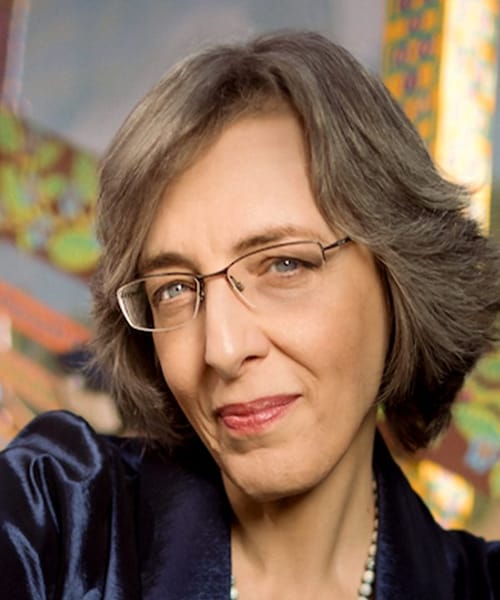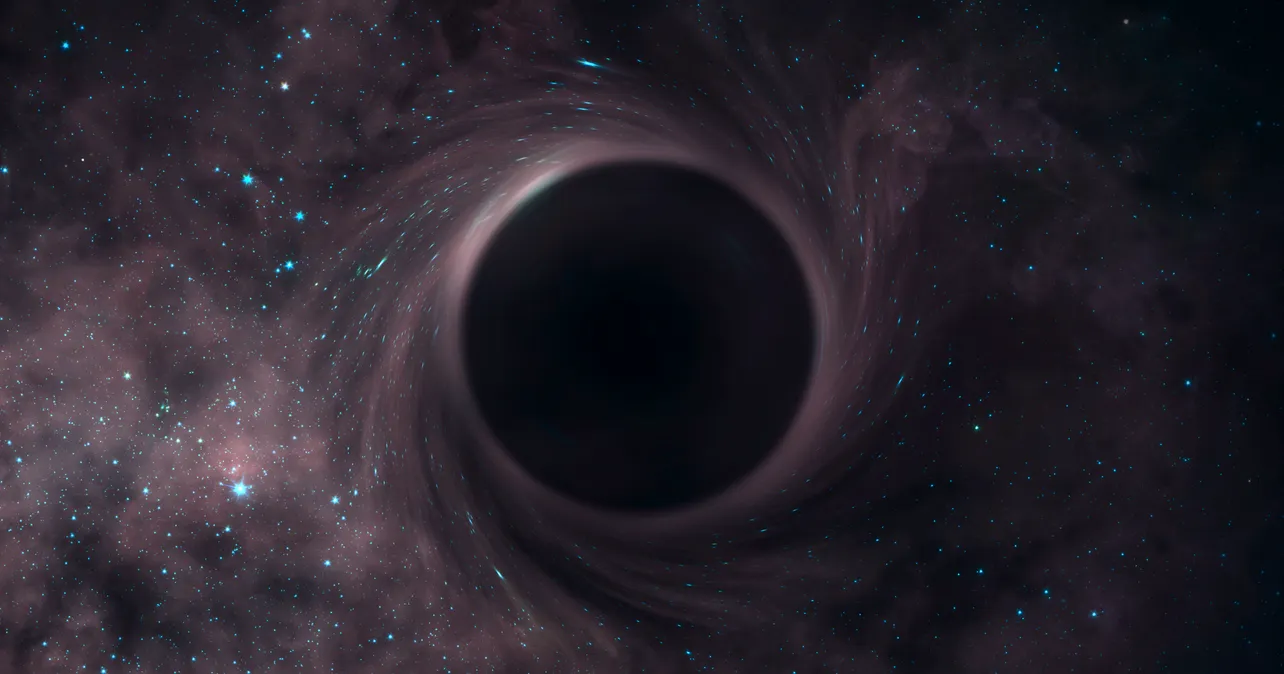That’s the question I always ask magicians: Why magic? If you never thought about it, you aren’t alone. So take a minute: Why do you do magic? I’ll wait….
In my experience, a lot of magicians answer with something like, “To pick up girls,” “I like the attention I get,” “It’s the only thing I know how to do,” “It’s my job,” “A source of creativity,” or maybe, “I can’t imagine my life without it.” For most people, once they start in magic, it never really leaves their life. Those relationships with magic can change with time.
Depending on the answers, I’ve divided magicians into three big groups, according to how they relate to magic, and what they hope to get out of it. I categorize them as mercenaries, black holes, or workers. Here’s how I break down each group:
Mercenaries
No judgment here, just a description. They don’t do it for love, they do it for the money. If they could make a living doing something else, they would switch in a second. Sometimes they started very young and didn’t develop other skills. Or maybe, after a change of fortune like a divorce, they had to make a quick decision and guess what? There is a new magician in town.
Black Holes
To survive they need to be fed with constant attention and flattery. Magic is incidental. They do magic for the way the audience makes them feel. If they could get attention through other means, they would drop magic like a hot potato. But magic is very generous and we can get recognized as “the magician” quite easily, and success as a rock star is much tougher.
Workers
Don’t get me wrong, mercenaries and black holes work a lot. But I call these people workers because they will use their spare time to keep working, perfecting their magic. They may be professionals or amateurs, but they take pleasure in honing their craft and making improvements. They never stop working, even if it’s done in a playful, obsessive way. It’s a perpetual hobby.
In the three categories we will find amazing, mediocre, and terrible magicians. This happens in every profession, but maybe these categories are more important when you’re describing a surgeon. None of the three categories guarantees quality, only intention. And there are no purebreds here. Many will try to adopt the attitudes of a worker. It sounds better. But to be fair, we all do occasional shows because the pay is good, and this choice allows us to do the more interesting shows for less money.
My categories allow us to understand where we stand. It helps us with our goals. If money is the goal, you’ll make different choices than you will if you enjoy magic as a hobby. And there’s nothing wrong with making money with your hobby. And there’s nothing wrong with liking attention. Sometimes categories can be confusing. There are lots of workers who make more money than the mercenaries! You have to realize that your intention won’t guarantee your results. Keep adjusting your compass to the north that you’ve established for yourself.
Stay with me. Let’s first decide what is magic and what is not. We can interpret a sunset as magic, and a card effect as a trick. But we’re not in charge of creating sunsets. We can do some amazing things with cards. That card trick will always be “just a card trick” as long as we treat it like a trick. But if we can use the trick to create a tiny spark of inspiration, that’s a gift we’re giving our audience. They can be reminded of a feeling they may have forgotten, especially if you work for adults, as I do.
To me, magic is the best vehicle to express myself. It stimulates my imagination, playfulness, and curiosity. It’s a constant source of learning and I’m always fascinated to see how deep I can go with it.
Back to the first question: Why do you do magic? Answering this will show that you either like magic, or you don’t. Why not be honest about it? I think that the way a lot of magicians think about magic hurts the relationship with the audience.
So, if all you want to do is just hang out and fool each other at the magic club, this following part might not interest you at all. But this is my honest assessment of what we’re doing….
I believe magic matters!
Magic communicates and connects directly with our innocence. It stimulates our critical thinking. It is the fire of the tribe.
And why is magic important? Tricks are fun, entertaining, and often easy to do, as the dealers’ ads tell us. But it’s more than that. Magic is something the modern world is craving. We are surrounded by miracles, but our brains need to normalize things, so people often deny the experience of awe.
Ironically, magicians can get in touch with that brain and guide it to amazement. We have the privilege of sharing astonishment and enjoying ourselves while doing it. What more could we ask?

